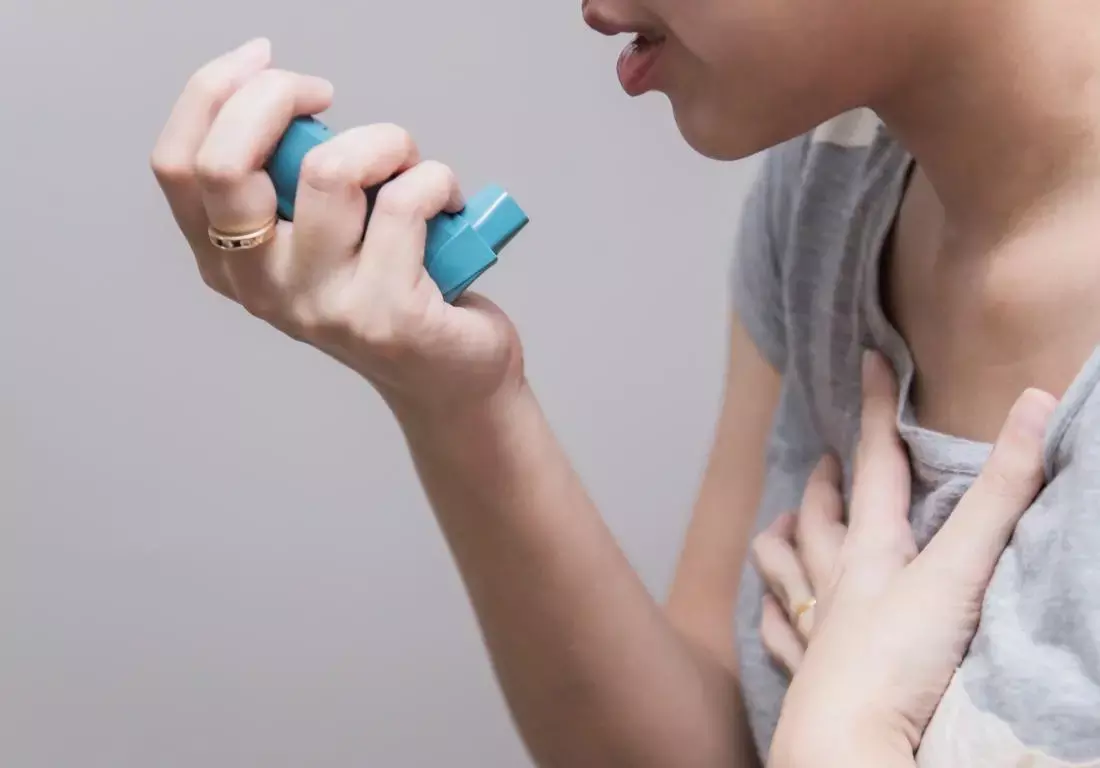- Home
- Medical news & Guidelines
- Anesthesiology
- Cardiology and CTVS
- Critical Care
- Dentistry
- Dermatology
- Diabetes and Endocrinology
- ENT
- Gastroenterology
- Medicine
- Nephrology
- Neurology
- Obstretics-Gynaecology
- Oncology
- Ophthalmology
- Orthopaedics
- Pediatrics-Neonatology
- Psychiatry
- Pulmonology
- Radiology
- Surgery
- Urology
- Laboratory Medicine
- Diet
- Nursing
- Paramedical
- Physiotherapy
- Health news
- Fact Check
- Bone Health Fact Check
- Brain Health Fact Check
- Cancer Related Fact Check
- Child Care Fact Check
- Dental and oral health fact check
- Diabetes and metabolic health fact check
- Diet and Nutrition Fact Check
- Eye and ENT Care Fact Check
- Fitness fact check
- Gut health fact check
- Heart health fact check
- Kidney health fact check
- Medical education fact check
- Men's health fact check
- Respiratory fact check
- Skin and hair care fact check
- Vaccine and Immunization fact check
- Women's health fact check
- AYUSH
- State News
- Andaman and Nicobar Islands
- Andhra Pradesh
- Arunachal Pradesh
- Assam
- Bihar
- Chandigarh
- Chattisgarh
- Dadra and Nagar Haveli
- Daman and Diu
- Delhi
- Goa
- Gujarat
- Haryana
- Himachal Pradesh
- Jammu & Kashmir
- Jharkhand
- Karnataka
- Kerala
- Ladakh
- Lakshadweep
- Madhya Pradesh
- Maharashtra
- Manipur
- Meghalaya
- Mizoram
- Nagaland
- Odisha
- Puducherry
- Punjab
- Rajasthan
- Sikkim
- Tamil Nadu
- Telangana
- Tripura
- Uttar Pradesh
- Uttrakhand
- West Bengal
- Medical Education
- Industry
Inhaled Budesonide Speeds Recovery of Non-hospitalized COVID-19 Patients

The onset of COVID-19 is usually mild, providing a potential window to intervene before the development of severe disease. In a recent study, researchers have reported that early administration of inhaled budesonide reduced the likelihood of needing urgent medical care and reduced time to recovery after early COVID-19. The study findings were published in THE LANCET Respiratory Medicine on April 09, 2021.
STOIC (Steroids in COVID-19) was an open-label, parallel-group, phase 2, randomised controlled study of 146 participants with mild COVID-19 symptoms were included in the study. The researchers randomly assigned the patients to receive budesonide (n=73) or usual care (n=73). They administered budesonide dry powder was delivered using a turbohaler at a dose of 800 μg per actuation and advised participants to take two inhalations twice a day until symptom resolution. The major outcome assessed was COVID-19-related urgent care visit, including emergency department assessment or hospitalisation, analysed for both the per-protocol and intention-to-treat (ITT) populations. The researchers also evaluated the self-reported clinical recovery (symptom resolution), viral symptoms measured using the Common Cold Questionnaire (CCQ) and the InFLUenza Patient-Reported Outcome Questionnaire (FLUPro), body temperature, blood oxygen saturations, and SARS-CoV-2 viral load.
Key findings of the study were:
- Upon evaluation, the researchers found that the primary outcome occurred in ten (14%) of 70 participants in the budesonide group and one (1%) of 69 participants in the usual care group (difference in proportions 0·131).
- Among the ITT population, they noted that the primary outcome occurred in 11 (15%) participants in the usual care group and two (3%) participants in the budesonide group (difference in proportions 0·123).
- They further noted that the clinical recovery was 1day shorter in the budesonide group compared with the usual care group (median 7days in the budesonide group vs 8days in the usual care group).
- They also noted that the proportion of days with a fever in the first 14 days was lower in the budesonide group (2%, SD 6) than the usual care group (8%, SD 18) and the proportion of participants with at least 1 day of fever was lower in the budesonide group when compared with the usual care group.
- Therefore, the requirement of antipyretic medications was fewer in the proportion of days among budesonide group when compared with the usual care group (27% vs 50%).
- They observed fewer participants in the budesonide group had persistent symptoms at days 14 and 28 compared with participants receiving usual care.
- They noted that the mean total score change in the CCQ and FLUPro over 14 days was significantly better in the budesonide group compared with the usual care group.
- They reported that budesonide was safe with five (7%) self-limiting adverse events.
The authors concluded, " Budesonide, an inhaled glucocorticoid, appears to be an effective treatment for early COVID-19 infection, which could be applicable to global healthcare systems."
For further information:
https://www.thelancet.com/journals/lanres/article/PIIS2213-2600(21)00160-0/fulltext
Medical Dialogues Bureau consists of a team of passionate medical/scientific writers, led by doctors and healthcare researchers. Our team efforts to bring you updated and timely news about the important happenings of the medical and healthcare sector. Our editorial team can be reached at editorial@medicaldialogues.in.
Dr Kamal Kant Kohli-MBBS, DTCD- a chest specialist with more than 30 years of practice and a flair for writing clinical articles, Dr Kamal Kant Kohli joined Medical Dialogues as a Chief Editor of Medical News. Besides writing articles, as an editor, he proofreads and verifies all the medical content published on Medical Dialogues including those coming from journals, studies,medical conferences,guidelines etc. Email: drkohli@medicaldialogues.in. Contact no. 011-43720751


